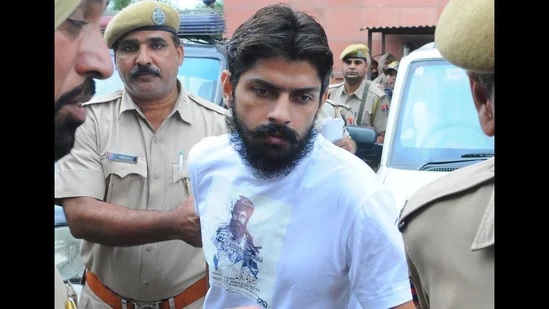Lawrence Bishnoi's 'Man' Granted Relief: Justice or Fluke?
In a shocking turn of events, the Supreme Court granted relief to Lawrence Bishnoi’s associate, booked for rape, after he presented chat records in his defense. This legal maneuver raises more questions than answers. The man, allegedly linked to one of India’s most notorious criminals, was initially charged with a heinous crime, only to find a lifeline through what appears to be a technicality.
The court's decision to grant relief based on chat records might seem like a victory for due process. However, it also casts a spotlight on the vulnerability of the justice system to manipulations and distractions. In an age where digital evidence can be easily forged, can we truly rely on chat history to determine guilt or innocence? Should the complexities of the case be reduced to a few text exchanges?
While the legal framework demands scrutiny of all evidence, this decision also underlines a deeper issue — the judicial system's struggle to balance expediency with fairness. In a country where thousands await trial for years, a swift resolution for someone associated with a criminal syndicate raises doubts about priorities.
Is this ruling a win for justice or merely a dangerous precedent? As the case progresses, it will be crucial to observe whether this decision reflects an honest evaluation of facts or just another example of the system's inability to address real issues with precision. Only time will tell if the truth prevails, or if this is another case where the law bends to convenience.
